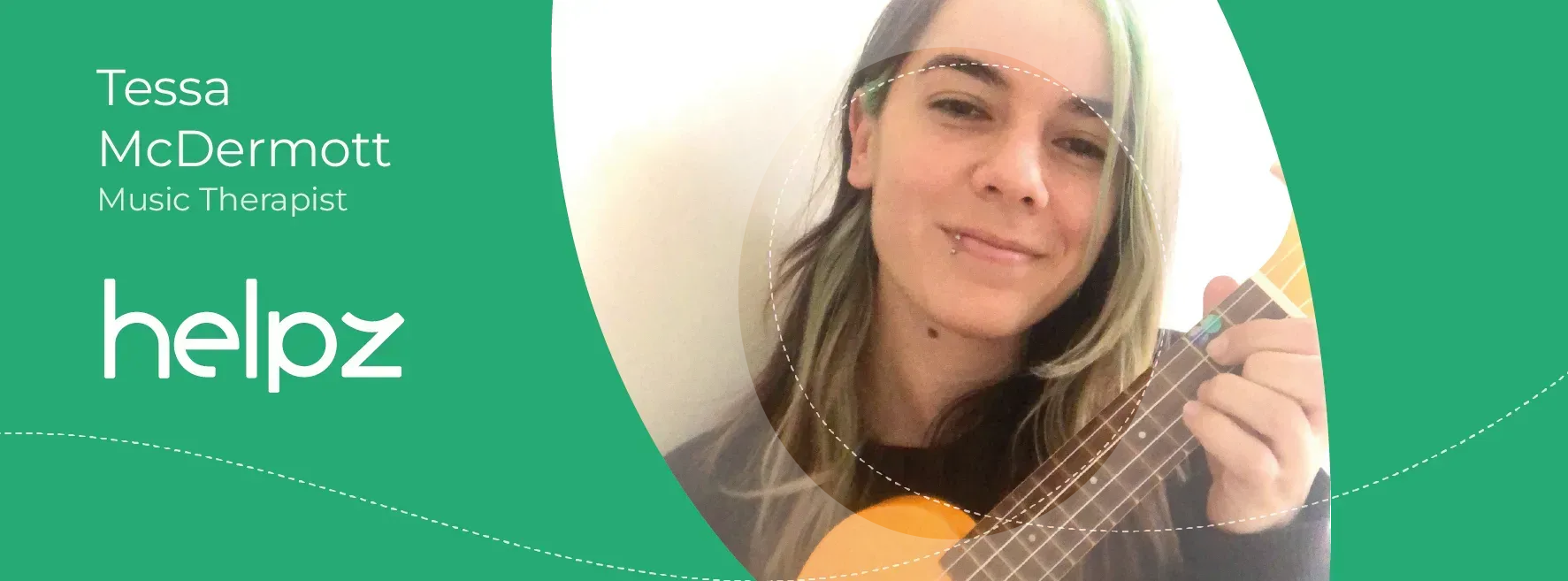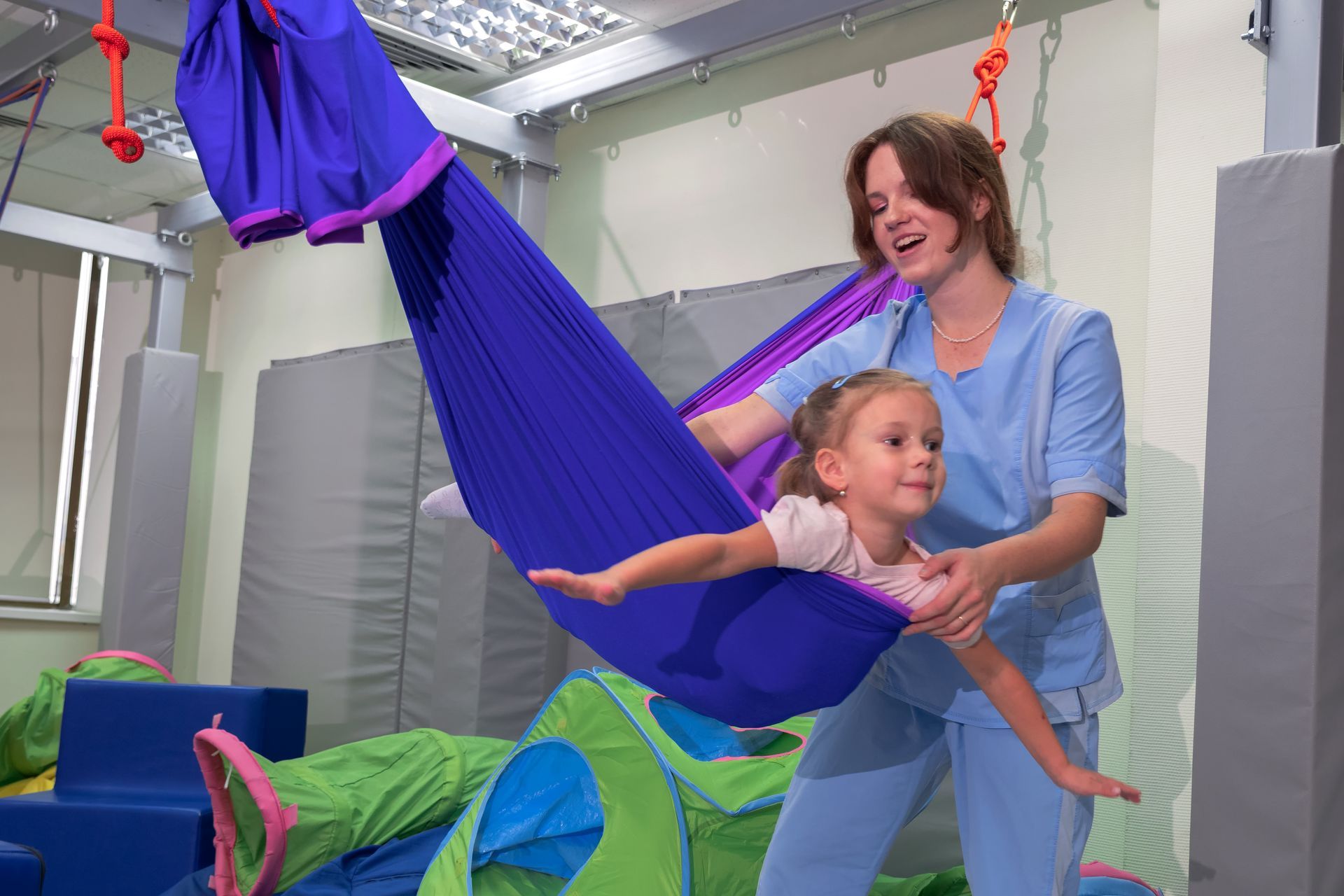Meet Tessa

Meet Tessa
"The client knows themselves best" Tessa has been working in music therapy for just over a year and that is her motto.
Tessa has always been moved by music. Her love of music and ambition to build a career supporting and helping people guided her to music therapy. "I had considered becoming a nurse, paramedic and even firefighter at one stage or another before finally realising there was such a thing as music therapy!" says Tessa.
Tessa describes her grandmother fondly and as one of her greatest influencers. When her grandmother was diagnosed with Alzheimer's, witnessing the harsh reality of the disease and how it was affecting her grandmother, Tessa wanted to help in some way, and she found this through song in the later stages of the disease.
"I remember singing to her when she was in care later in life and felt it brought some kind of comfort. I was not sure whether she could understand me in those last days but through singing a simple melody - I felt she understood what I was trying to communicate." Tessa continues.
It was this experience with her grandmother and wanting to let her know, through music, that she was not alone that Tessa really discovered the power of music and is now driven to share this with others.
Tessa is passionate about working with infants and children with Autism Spectrum Disorder (ASD). Music is an excellent motivator in breaking down communication barriers as it can express and connect on many different levels with or without words.
Tessa approaches each session intending to meet her client where they are at, in that moment. Being present with her clients enables Tessa to work with their strengths and utilise their interests. By working with her clients this way, Tessa can make sure their immediate needs are met and a strong foundation is built for therapeutic change.
When Tessa is not working with her clients, you can find her playing soccer and enjoying skateboarding.
Find out more about Music Therapy at helpz here.







